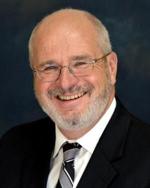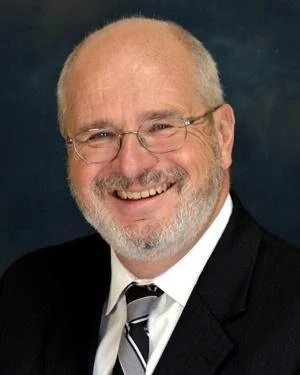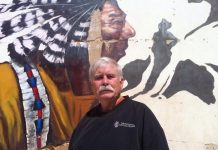A Doorway, Not A Barrier
That year, I bought myself a Christmas present.

John Krull, publisher, TheStatehouseFile.com
It was a long time ago. I was a college student then, an example of that classic American story that verges on becoming a cliché. My story was that of the hungry young man from a small town trying to make his way in a large and bewildering world.
I’d gone to school close to home at my late grandfather’s request. He said I needed to help my divorced mother and my younger sister and brother. He was right about that, as he was about most things.
I wondered, though, how choosing a small liberal arts college in rural America might affect the arc of my career. I was far from savvy, but I knew enough to understand that degrees from prestigious schools gave their possessors advantages in the marketplace.
I worried that I would spend years playing catch-up. Sometimes, I fretted that I never would be able to catch up.
Then I realized something.
I remember the moment. I was in my dorm room on an early winter evening, rereading Mark Twain’s “Adventures of Huckleberry Finn†for an English class. I was hoping to get through the assignment quickly so I could devote some time to read more of Thomas Wolfe’s “Of Time and the River†before I had to turn out the lights.
Wolfe was both a discovery and a passion for me in those days. His autobiographical tales of a haunted young man transforming himself into a writer and transcending the limitations of his upbringing spoke to me as no other books had. He gave voice to and underscored my own determination to write for a living.
Moments to read what I wanted were precious. I didn’t have much time to myself.
I was taking an overload of courses that semester. When I wasn’t in class or studying, I worked at a local bank, stacking up between 30 and 40 hours per week as a courier, mail clerk and teller. The money I made helped me stay in school and allowed me to help with the bills at home.
But, again, the frantic nature of my schedule fed my doubts.
Were the hours I spent transporting bank records and supplies from branch to branch going to cost me the chance to write I so much wanted? Were the students at the bigger, richer schools shooting ahead of me because they had access to much better books and the time to read them?
Rereading Twain that night was a revelation.
It came to me as I worked my way through Huck’s travels and travails on the raft that the words I was reading were no different than the one’s students at Harvard or Yale who were studying Twain encountered. It didn’t matter if I read a cheap paperback or an expensive leatherbound volume.
Huck Finn was Huck Finn.
Similarly, the rules of math didn’t vary from school to school. The same went for the law of gravity and other pillars of knowledge.
It seems simple in retrospect.
Until that night, though, I never had realized that knowledge wasn’t a barrier but a door—and books were the key.
After I finished the Huck Finn reading assignment, I stayed up most of the night reading Wolfe. I awoke the next morning to another day of classes stacked like bricks in a wall followed by a rush to work at the bank.
I was tired, but at peace.
I knew if I read enough, wrote enough and worked enough there was no ground I couldn’t make up.
I also came to a decision. I was going to treat myself to a Christmas present.
It was a bookcase made from cheap pressed wood, about as sturdy as a dandelion. But it provided a home for my collection of tattered, well-thumbed paperbacks.
I always looked at that bookcase when I sat down to write—always gave it a chance to tell me I was up to the task.
That was a long time ago.
That first bookcase became kindling 30 years ago.
Others, though, have followed,
The places where I do the most writing—my home and my office—are stuffed with bookcases and books.
When I prepare to write something, I look at the shelves. I think of where all those books have taken me.
Will take me.
And the words begin to flow.
FOOTNOTE:  John Krull is director of Franklin College’s Pulliam School of Journalism and publisher of TheStatehouseFile.com, a news website powered by Franklin College journalism students. The views expressed are those of the author only and should not be attributed to Franklin College.





